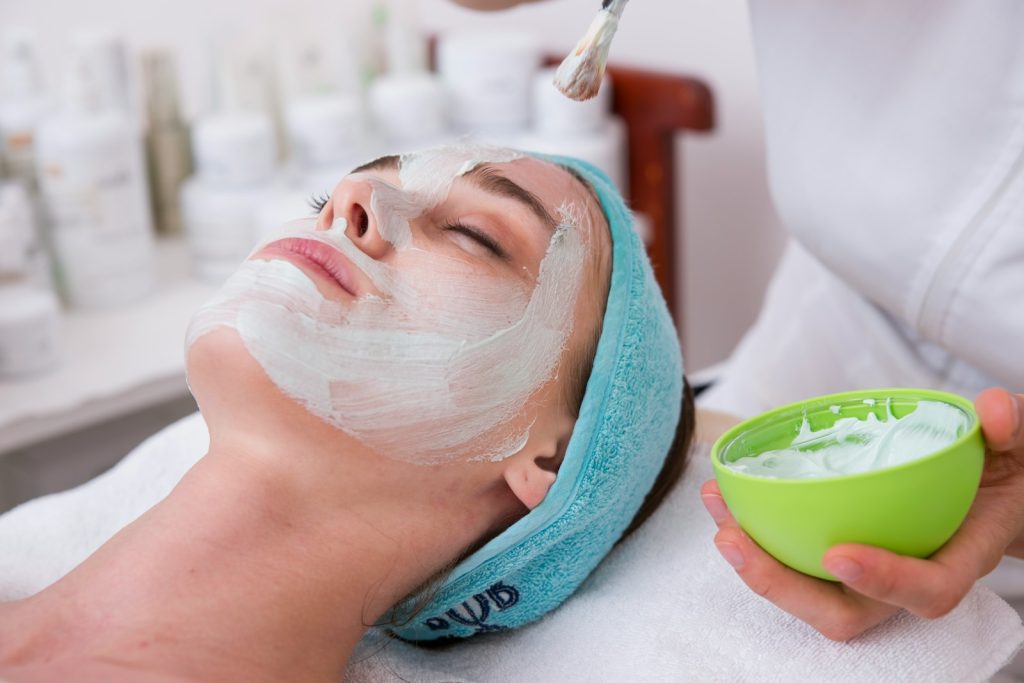As people age, their faces undergo changes that are influenced by genetics, lifestyle, and environmental factors. The aging process is particularly noticeable in women, as their faces are typically more prone to wrinkles, sagging skin, and other signs of aging.
Collagen and elastin: the key players in aging
Collagen and elastin are two proteins present in the skin that play a crucial role in maintaining its structure and elasticity. As women age, the production of these proteins decreases, leading to loss of firmness and resilience in the skin. This results in the formation of fine lines, wrinkles, and sagging skin.
Hormonal changes: a contributing factor
Hormonal changes that occur during menopause can also accelerate the aging process in women’s faces. The decrease in estrogen levels leads to a decrease in skin thickness, hydration, and elasticity, making the skin more prone to wrinkles and sagging.
Sun exposure: the silent ager
Excessive sun exposure is one of the leading causes of premature aging in women. UV rays can break down collagen and elastin fibers in the skin, leading to the formation of wrinkles, age spots, and rough texture. Women who do not protect their skin from the sun are more likely to experience accelerated aging.
Smoking and diet: additional factors
Smoking and a poor diet can also contribute to premature aging in women’s faces. Smoking reduces blood flow to the skin, depriving it of oxygen and nutrients needed for healthy cell turnover. A diet high in processed foods and sugar can lead to inflammation and oxidative stress, which can damage the skin and accelerate the aging process.
Preventative measures: the key to aging gracefully
While aging is a natural process, there are steps women can take to slow down its effects on their faces. Using sunscreen daily, eating a balanced diet rich in antioxidants, staying hydrated, and avoiding smoking can all help maintain youthful-looking skin. Additionally, incorporating skincare products with ingredients like retinol, vitamin C, and hyaluronic acid can help improve skin texture and reduce the appearance of wrinkles.
In conclusion, the aging process in women’s faces is influenced by a combination of factors, including genetics, hormones, and lifestyle choices. By understanding the science behind how women’s faces age, women can take proactive steps to maintain healthy, youthful-looking skin for as long as possible.

